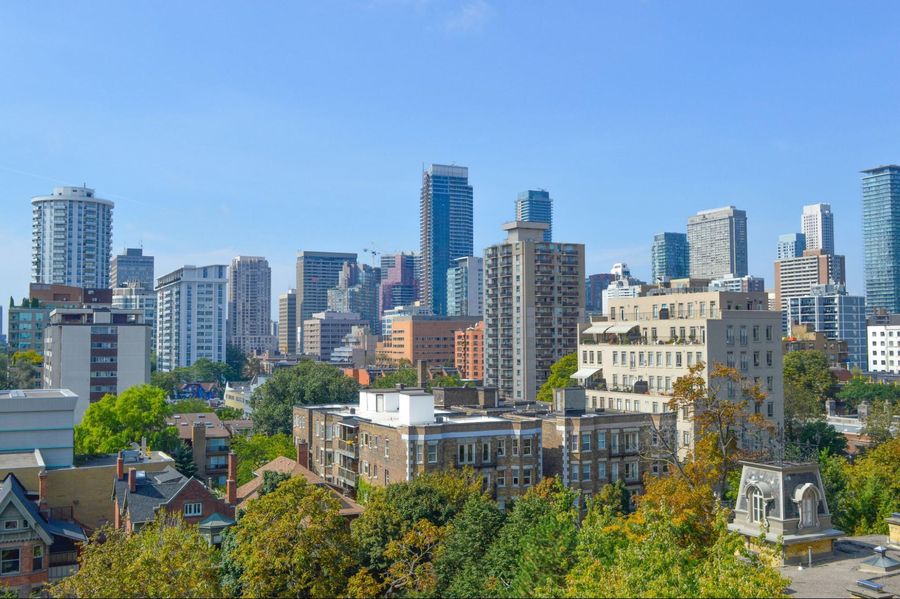Last Updated on October 24, 2023 by CREW Editorial
Condo buyers sometimes underestimate the value of a home inspection – too many of them want to forgo it altogether. But a home inspection can be just as important for condo investors as it is for buyers of single-family homes, in terms of either making an informed purchase decision or simply becoming educated about the property they are considering purchasing.
The condo markets in a number of Canadian cities are heating up like never before, putting pressure on buyers to make decisions faster than they normally would (or should). Whenever possible, we at Pillar To Post always encourage buyers – investors especially – to make the time to get their properties inspected. Doing so could be the difference between purchasing the jewel of your portfolio or the lemon that sours the entire thing.
Here are four of the most frequent questions about condo inspections we hear from our clients:
Does the condo inspection cover more than just the subject unit?
Usually not. Common areas and items such as the roof, exterior walls, elevators and foundation are not normally part of the scope of a condo inspection because their condition and upkeep are the responsibility of the homeowners or condominium association. HVAC components exclusive to the individual unit would be included.
Will I receive a comprehensive inspection report?
By nature, a condo inspection covers fewer areas than a standard home inspection, but the report would cover each of the included items or systems with the same amount of detail as a single-family home inspection.
Should I plan on attending the condo inspection?
It’s always a good idea for the buyer to accompany the home inspector during the inspection. Not only will you learn about the condo’s condition, but the inspector may point out features or functions you might have been unaware of. Attending the inspection also provides the opportunity to ask questions during the process, providing further insight on the condo.
The builder claims the condo I’m buying doesn’t need a home inspection because the development is new. Is that accurate?
New construction doesn’t always mean everything is OK. In fact, issues very often come to light during the first year or two after a building is completed. Occupancy inspections by local building departments check primarily for code compliance and are not equivalent to a home inspection. By learning as much as you can about the condo you’re considering, you’re more likely to end up satisfied with your purchase.
For more information, please visit the nationwide home inspection experts at pillartopost.com.








